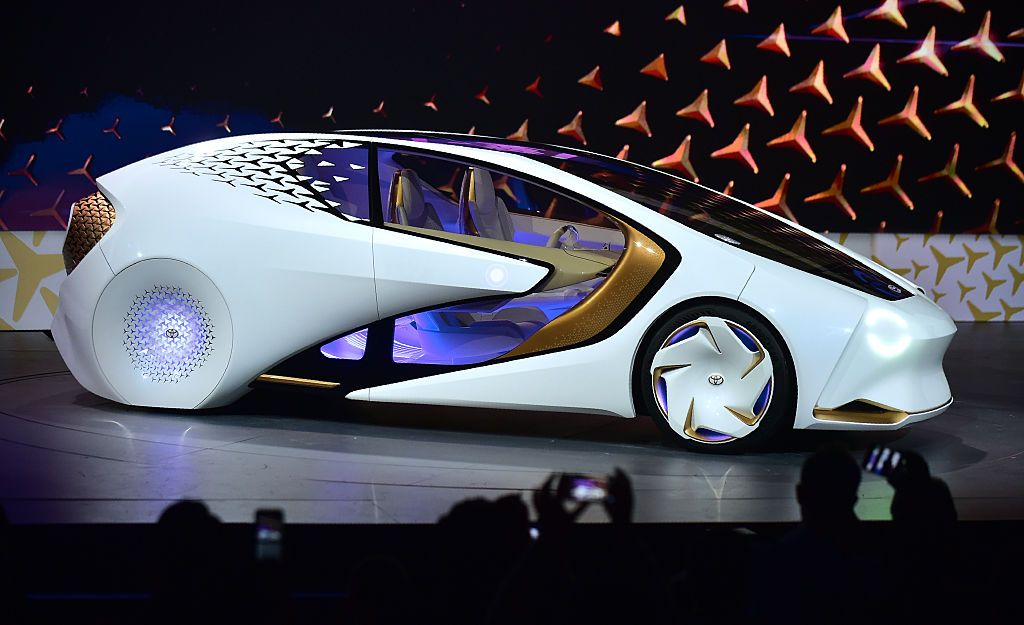Very small cars are hard to style. And the results are almost always not nice-looking. The current Fiat 500 is one of the best of the lot, whereas BMW's i3 is a visual mess.
During World War 2 the industrial design firm Sundberg-Ferar was hired by industrialist Powel Crosley to style the postwar version of the mini-car he launched in 1939. Sundberg and Ferar were not "pure" industrial designers lacking experience or feeling for car styling because they had spent time at General Motors' Art & Colour group led by Harley Earl.
Some background on Crosley cars is here.
This side view shows the tiny wheels Crosleys rode on. Larger ones would have looked better, but would have been incompatible with the narrow platform and the need to keep the car light due to the 26.5 horsepower of its motor. Interestingly, the hood is long, giving the car a more serious presence than it would have had with a stubby front.
A nicely restored '47 model. It features flow-through fenders (1946 Crosleys were the first postwar American brand to have them). On the other hand, the side windows do not retract into the doors and door hinges are visible.
Rear view of the same car (Mecum Auctions photos). Flat window glass all around and no trunk lid.
Another model available in 1947 was this convertible (Barrett-Jackson photo).
Very small cars are hard to style. And the results are almost always not nice-looking. The current Fiat 500 is one of the best of the lot, whereas BMW's i3 is a visual mess.
During World War 2 the industrial design firm Sundberg-Ferar was hired by industrialist Powel Crosley to style the postwar version of the mini-car he launched in 1939. Sundberg and Ferar were not "pure" industrial designers lacking experience or feeling for car styling because they had spent time at General Motors' Art & Colour group led by Harley Earl.
Some background on Crosley cars is here.
This side view shows the tiny wheels Crosleys rode on. Larger ones would have looked better, but would have been incompatible with the narrow platform and the need to keep the car light due to the 26.5 horsepower of its motor. Interestingly, the hood is long, giving the car a more serious presence than it would have had with a stubby front.
A nicely restored '47 model. It features flow-through fenders (1946 Crosleys were the first postwar American brand to have them). On the other hand, the side windows do not retract into the doors and door hinges are visible.
Rear view of the same car (Mecum Auctions photos). Flat window glass all around and no trunk lid.
Another model available in 1947 was this convertible (Barrett-Jackson photo).

















EmoticonEmoticon